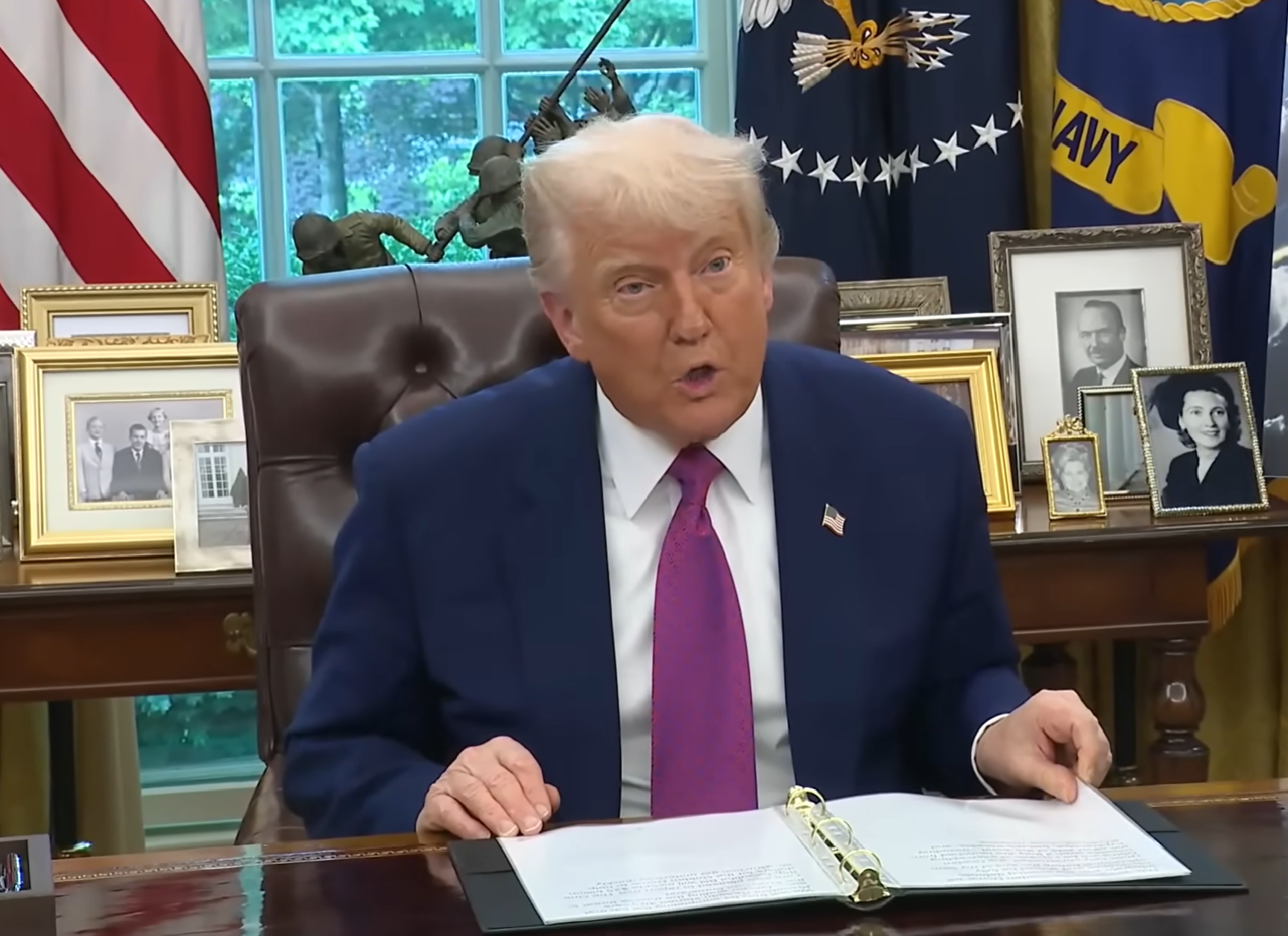WASHINGTON – The recent increase in cases of tax fraud aren’t anecdotal, according to a new report by the branch of the Treasury Department tasked with overseeing the Internal Revenue Service.
Because the IRS does not always recognize and properly investigate possible tax fraud, it may be missing opportunities to further promote voluntary compliance and enhance revenue, according to a new audit report released publicly today by the Treasury Inspector General for Tax Administration (TIGTA).
TIGTA reviewed a statistical sample of 100 office audits, closed between October 2009 and September 2010 that involved high-income and sole proprietor taxpayers agreeing they owed additional taxes of at least $10,000. Of the 100 office audits reviewed, TIGTA identified 26 audits with fraud indicators that were not recognized and investigated in accordance with some key IRS procedures and guidelines.
The IRS agreed with TIGTA’s findings and conclusions that fraud was not adequately considered and investigated in all 26 of these audits. Consequently, TIGTA estimates that additional assessments totaling approximately $5.8 million in civil fraud penalties may have been avoided by taxpayers.
“The failure to accurately identify and appropriately investigate indicators of fraud is a serious concern,” said J. Russell George, Treasury Inspector General for Tax Administration. “Civil fraud penalties should be considered when appropriate because they discourage taxpayers from willfully underreporting substantial tax liabilities” he added.
The IRS relies on its examiners and their first-line managers to ensure that the civil fraud penalty is adequately considered. Yet IRS records show that the civil fraud penalty is rarely recommended for office audits. Specifically, during fiscal years 2008 through 2011, examiners recommended, on average, that 96 taxpayers be assessed a civil fraud penalty out of the approximately 127,100 office audits closed each year.
While there are layers of management controls in place to guide examiners through the consideration of fraud, TIGTA’s results indicate that additional steps are needed at the examiner and first-line manager levels to ensure that potential fraud is adequately recognized and properly investigated.
IRS management partially agreed with TIGTA’s two recommendations. Although the IRS plans to take corrective actions for both recommendations, TIGTA believes the IRS’s planned corrective action for one of the recommendations is not adequate and it is unlikely to be effective.
Thanks for reading CPA Practice Advisor!
Subscribe Already registered? Log In
Need more information? Read the FAQs
Tags: Income Taxes, IRS



